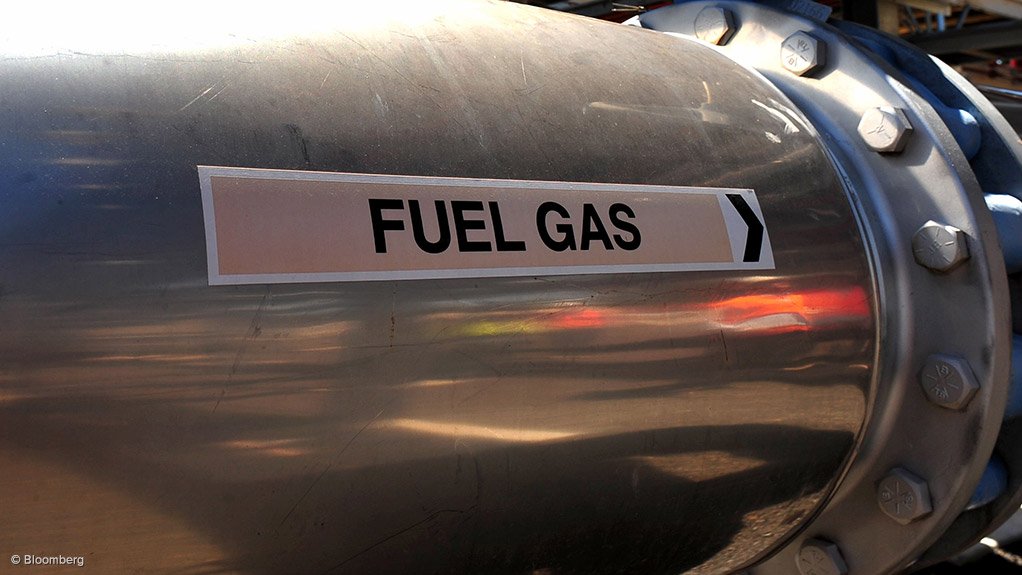
Photo by: Bloomberg
PERTH (miningweekly.com) – Oil and gas majors Chevron and Royal Dutch Shell have called for more competitive conditions to ensure that Australia remains at the forefront of the liquefied natural gas (LNG) industry.
Chevron CEO John Watson said on Tuesday that Australia’s LNG industry was facing stiff competition from a number of regions, including the Gulf and North American coasts, as well as from East African nations, where LNG had recently been discovered.
He added that Australia had to realise that the industry was “very competitive”.
“Australia has many advantages, but . . . Australian costs are high today. We need to maintain strong labour standards, a world-class safety system and strong environmental standards, but we also need to have a competitive offering for our projects going forward.”
Watson noted that the costs for Australian projects were nearly 40% higher than their counterparts in the Gulf Coast, which resulted in difficulty in attracting future capital investment.
He noted that LNG projects offered significant benefits to Australia, with Chevron’s Gorgon and Wheatstone LNG projects already contributing some A$45-billion to the Australian economy.
“Over time, those assets will contribute a trillion dollars to Australia’s gross domestic product, and will contribute hundreds of billions of dollars in revenue. But we need to ensure that these projects remain competitive.”
Speaking at the eighteenth LNG conference, Shell CEO Ben van Beurden noted that while market conditions were challenging, new markets that were previously considered too small, were now opening up with the introduction of innovative ways to harness gas.
“The rapid growth of floating LNG, among other things, has considerably lowered the cost for importers and provided a lot more flexibility across the value chain, and this shows how important technological innovation is for the future of energy.”
Van Beurden noted that projects with the lowest possible production costs would have the competitive advantage in a market where supply was rapidly coming on line.
“Costs also need to come down to make gas competitive with other sources of energy such as coal and renewables. So our industry needs to continue to innovate to drive down capital costs across the value chain,” he added.
Van Beurden said that industry needed to lower the high costs of constructing LNG plants by standardising design, engineering and construction, while working more effectively and efficiently in the supply chain.